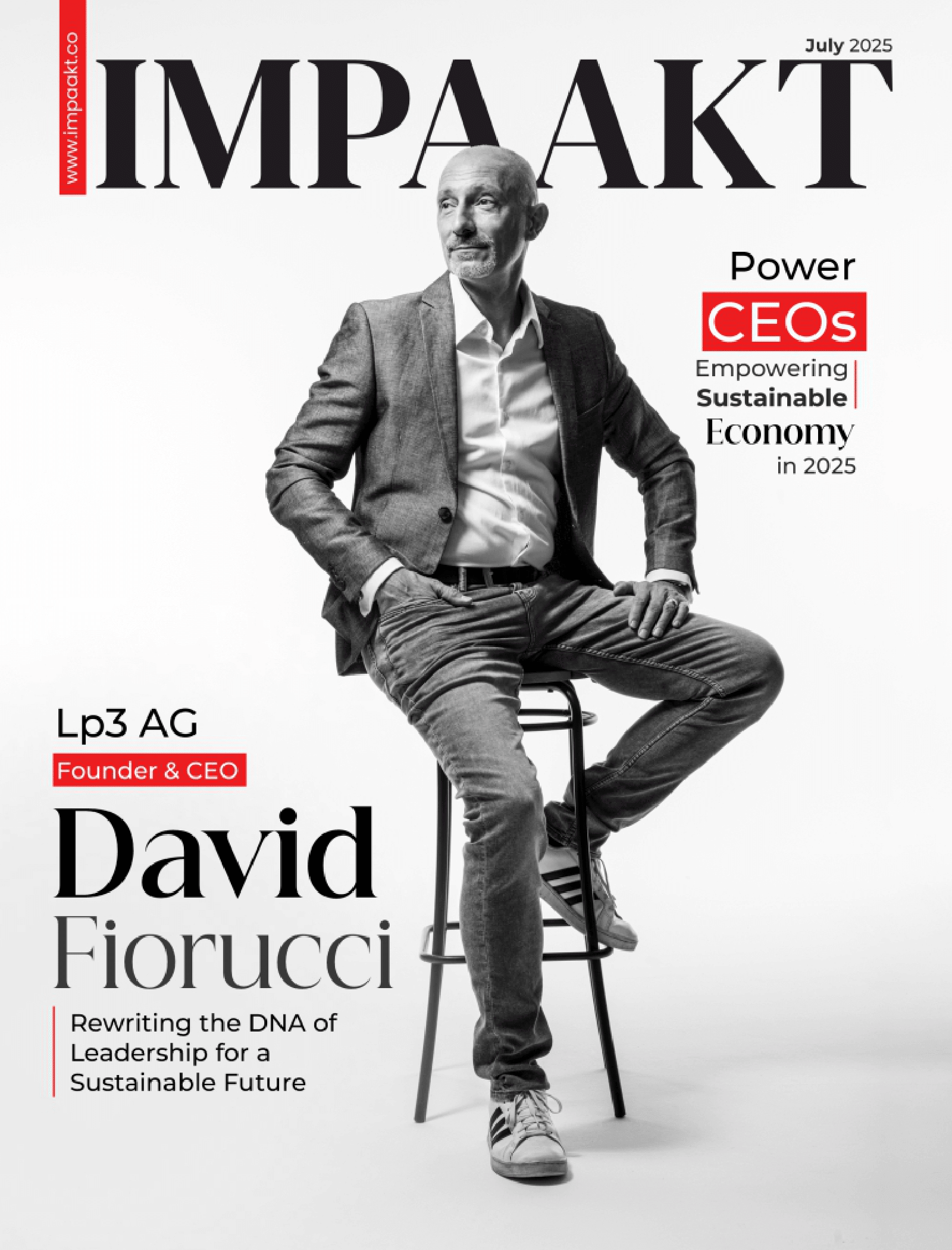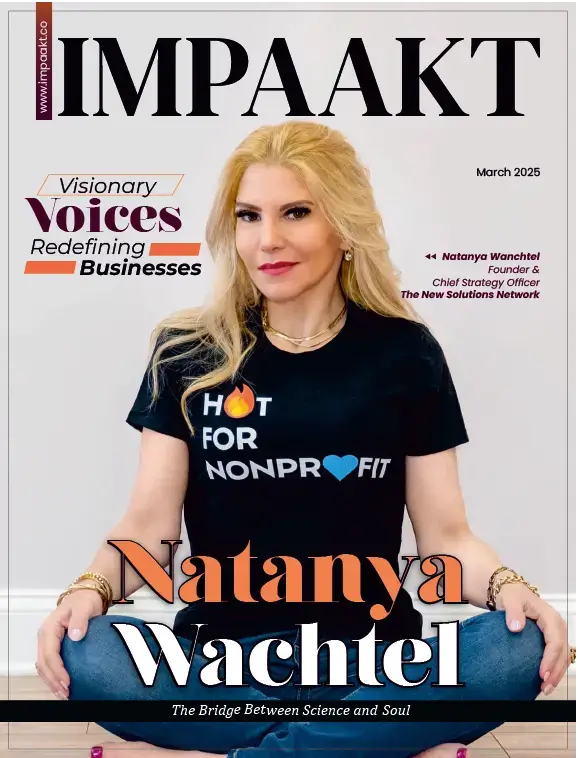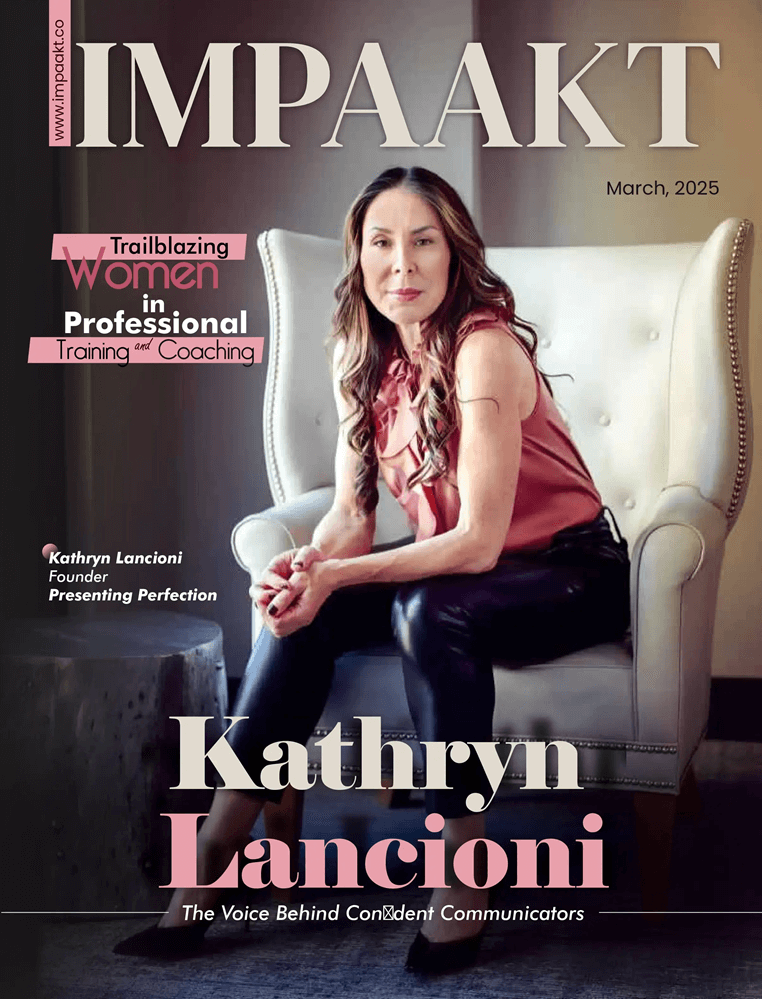Astrobiology is a very effective avenue to introduce stem education to young minds due to its nature, astrobiology is an interdisciplinary subject. It allows the students to see things and understand the world around them by looking at the big picture. Many people have been working effectively to promote astrobiology through space education.
The collective global effort to promote astrobiology through space education is commendable, despite it being a relatively new subject. Just to name a few, Astrobiology Society of Asia-Pacific, Astrobiology India, Astrobiology Network of Pakistan and Blue Marble Space Institute of Science have done remarkable work to promote astrobiology globally with endless opportunities.
Astrobiology, the cosmic quest for life, tackles timeless questions: How did life begin on Earth? Does life exist elsewhere? What’s the future of life in the universe? In order to understand a part of these questions we could rely on the Drake Equation, a way scientists try to estimate the number of intelligent civilizations in our galaxy that we might be able to communicate with. It considers factors like the rate of star formation, the number of stars with planets, and the likelihood of those planets having life. While it’s not a precise answer, it helps scientists think about the possibility of extraterrestrial civilizations.
To promote astrobiology in my own region I started teaching astrobiology at different schools in 2017, marking a pioneering initiative in secondary education across Pakistan. The first year was challenging as it was a new subject and there were some sensitive topics like the origin of life. The inquiry into the origin of life has persisted throughout human history, and even in the 21st century, there is a reluctance among people to openly share the scientific explanation of life’s origins.
To tackle this issue, I actively engaged with a network of global scientists specializing in the origins of life. I sought their perspectives on navigating the delicate balance of educating people without impinging on their personal beliefs.Today more than 4000 students have taken astrobiology course and some of them have launched their astrobiology clubs and groups to promote astrobiology.
Bringing astrobiology to the classroom was the most challenging yet amazing part of the project. Astrobiology can effectively engage students in the classroom because it capitalizes on humanity’s preoccupation with space and aliens, creating interest by generating curiosity especially in students whose minds are flooded with millions of questions.
The classes are made interactive through assignments, combining different disciplines to ensure project-based learning rather than just content and rote learning. For example, designing a mission to Mars or a moon of Jupiter/Saturn to search for signs of life (you need to learn about geology, rover technology, signs of life i.e. fossils/palaeontology).
Delving into the prospect of life beyond Earth, astrobiology simultaneously explores the nature and evolution of life on our planet. These crucial inquiries offer students the opportunity to contemplate and seek answers, making it essential for them to engage in thoughtful reflection. Astrobiology helps us to look at the big picture more clearly. Students gain a clear understanding and appreciation of the universe and get to learn about cosmic perspective at an early age. As Astrobiology integrates several areas of knowledge and gives students a thorough outlook of science, it should be accessible to every student.

 Rabeea Rasheed:
Rabeea Rasheed:










